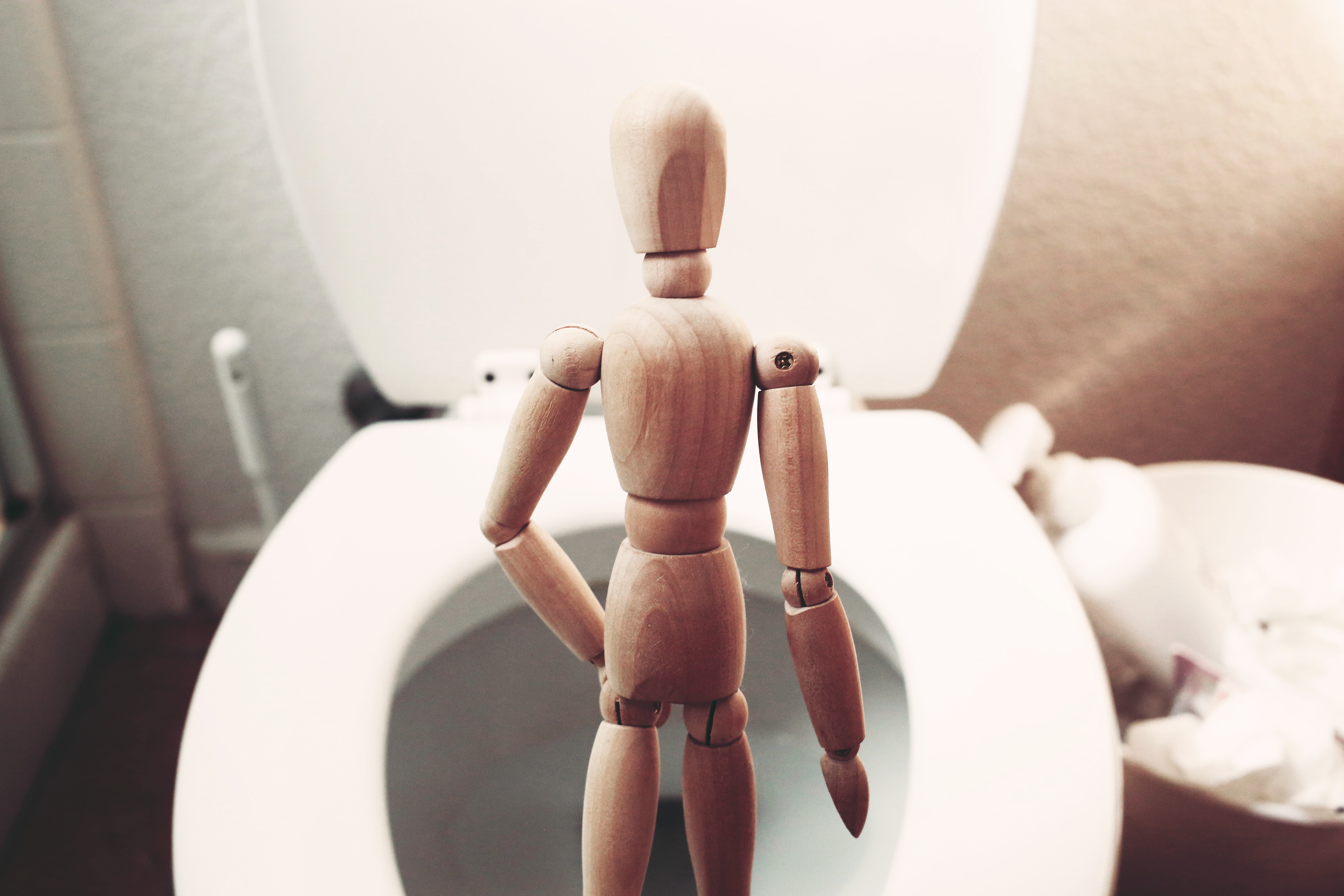Chlamydia - FAQ

What is Chlamydia infection and how is it spread?
Chlamydia is the most commonest cause of the sexually transmitted disease (STD), especially in young patients. It is caused by bacteria called Chlamydia trachomatis. You can only get Chlamydia by having unprotected vaginal, anal and oral sex with another person who has Chlamydia. Chlamydia can also spread by sharing sex toys, genital-to-genital contact without penetration or by getting infected semen or vaginal fluid into your eyes. Chlamydia cannot be spread through casual contact such as kissing or hugging, sharing towel, public toilet seats or from cutlery.
You can still get infected again even if you have receive treatment in the past. However, it’s an easily treatable infection if it diagnoses early.
However, untreated Chlamydia infection in women can cause pelvic inflammatory disease, infertility, pregnancy complications such as miscarriage and ectopic pregnancy and be passed to your baby during delivery.
Untreated infection in men can cause inflammation at the epididymis (‘epididymitis’), prostate (‘prostatitis’) and infertility.
What are the symptoms of Chlamydia?
Many people don’t get any symptoms but can still spread the infection to others.
In females, it can cause abnormal vaginal discharge such as bleeding in between cycles or after intercourse, lower abdominal pain, painful urination, painful menses, and intercourse.
In males, it causes penile discharge and pain over the urine opening, pain over the lower abdomen, pain during urination and ejaculation, and occasionally testicular pain.
Men and women can also get infected with Chlamydia infection in their rectum. While often it cause no symptoms, sometimes it may cause rectal pain, discharge and abnormal bleeding
How do I get tested?
You need to see a doctor for testing. Commonly urine samples or samples from the vaginal fluid or penile fluid can be sent for PCR testing.
What is the treatment need to cure Chlamydia?
Treatment of Chlamydia is by taking antibiotics such as Azithromycin or Doxycycline as recommended by your doctor. It is very important to complete the course of treatment and to avoid sexual activity until you complete your treatment and your sexual partner has been treated.
Does my partner need treatment?
Yes, it is very important that all your sexual partners be treated. If you already treated but your partner is not treated, the risk of re-infection can occur if unprotected sexual activity is resumed.
Can Chlamydia affect me and my baby if I am currently pregnant?
Untreated Chlamydia infection can cause premature delivery. Baby who are born from infected mother can get Chlamydia infection in the lung (causing infant pneumonia) and in the eyes (conjunctivitis)
Do I need to be tested again after treatment?
Yes, usually this is done 6 weeks after treatment to ensure clearance of infection.



